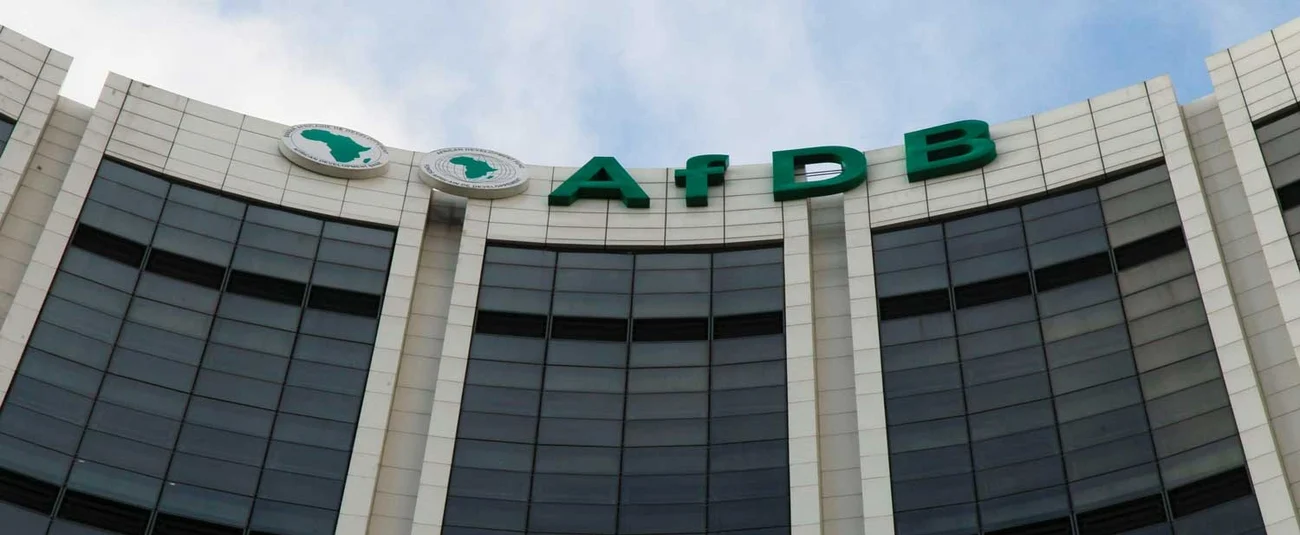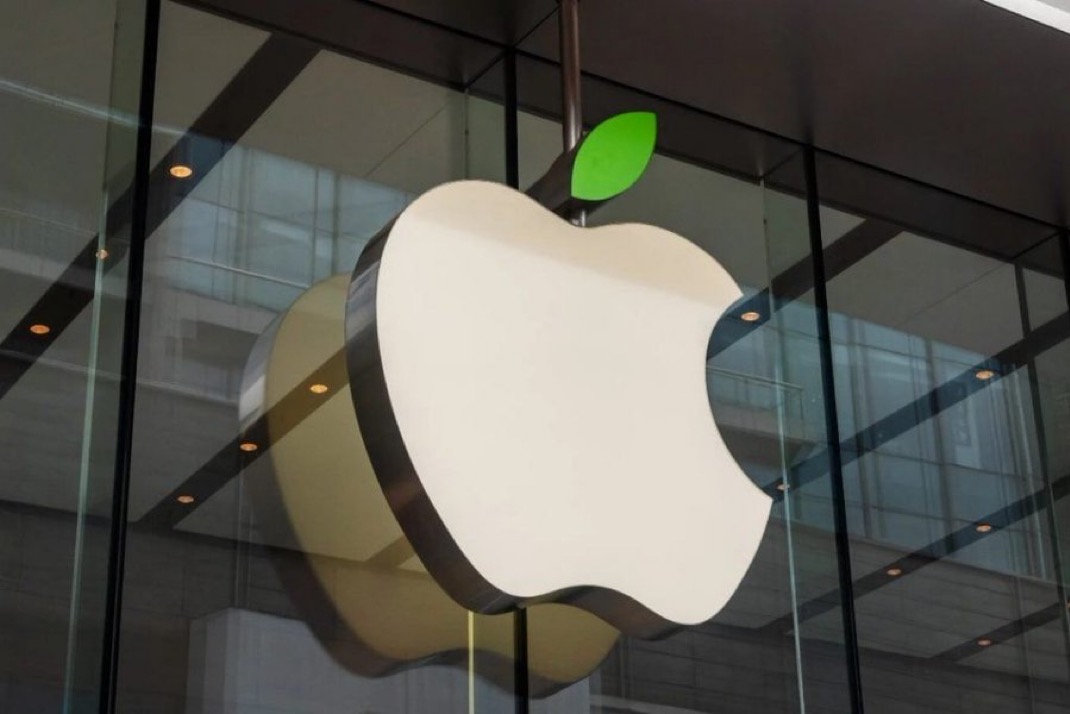J.P. Morgan has advised investors to exit long positions in Nigerian Open Market Operation bills, citing concerns over Nigeria’s economic stability.
In a research note dated April 9, 2025, the investment bank warned that falling oil prices and renewed trade tensions could deepen the country’s macroeconomic vulnerabilities.
As Brent crude approaches sub-$60 levels, J.P. Morgan recommended that clients close their positions in Nigerian T-bills due to these growing risks.
J.P. Morgan, once a supporter of Nigeria’s carry trade due to its high yield and relative stability, has now altered its view. The bank points to a shifting global landscape, worsened by former President Donald Trump’s return as a key U.S. election candidate and his advocacy for widespread global tariffs.
Earlier this month, central bank had assured stakeholders that it anticipated an increase in external reserves, following its declaration of a net reserve of $23 billion.
“We anticipate a steady uptick in reserves, underpinned by improved oil production levels, and a more supporting export growth environment that is expected to boost non-oil FX earnings and diversify external inflows,” the apex bank stated.
The CBN also recently reported a balance of payments surplus of $6.83 billion for the end of 2024, citing it as a sign of economic resurgence, supported by ongoing monetary policy reforms.
However, J.P. Morgan warned that if oil prices stay below $60 per barrel—the estimated breakeven price for Nigeria—it could push the country’s current account back into deficit. This would put significant pressure on the naira and increase demand for dollar assets. J.P. Morgan previously projected that in such a scenario, the USD/NGN exchange rate could exceed 1,700/$1.
Currently, the exchange rate hovers around 1,500/$1, but remains highly dependent on foreign inflows.
“While Nigeria may well avoid a recession itself,” the report stated, “the substantial decline in oil prices below its break-even of US$60/bbl… would push Nigeria’s current account balance into deficit.”
As a result, the bank has decided to end one of its “highest conviction” trades in frontier markets.
J.P. Morgan acknowledged the Central Bank of Nigeria’s proactive measures in recent weeks, noting a 3.6% depreciation in the naira, which it views as relatively moderate.
The CBN has reportedly sold around $550 million into the market in March to defend the currency, amid increasing demand and declining supply.
J.P. Morgan estimates that potential portfolio outflows from Nigeria could reach up to $10 billion, though some of this may be tied up in private placements or illiquid assets. This situation underscores a critical reality for Nigeria: the foreign exchange market remains heavily reliant on central bank support.
Any disruption to CBN dollar inflows, mainly from oil, could trigger panic in both the currency and bond markets.











